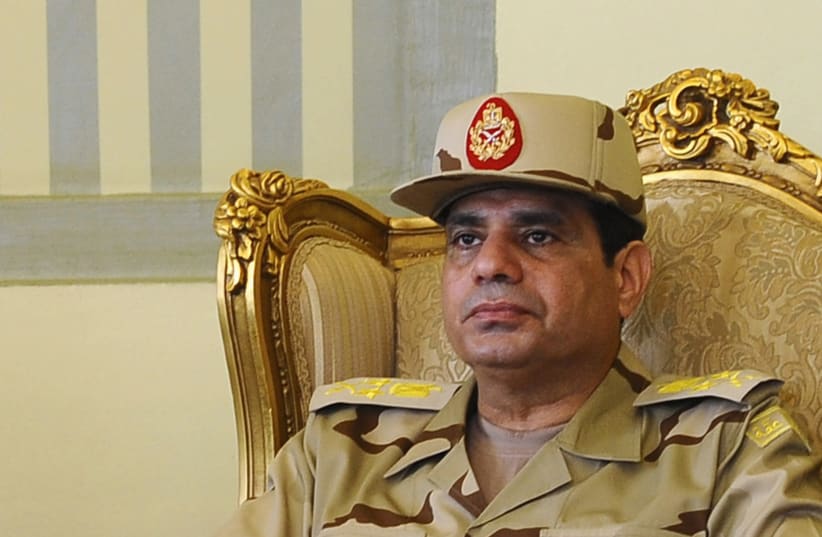When the interviewer asked him why the United States should continue to support the government, the Sisi hastened to say that it was a security investment in stability in the entire region."The United States is responsible for security in the world," he said. "I am not able to ask Egypt to forget their rights, the police or the citizens who died."
Sisi: Egyptian planes cross to the Israeli side in joint war on terror
"The United States is responsible for security in the world," the president told CBS.
